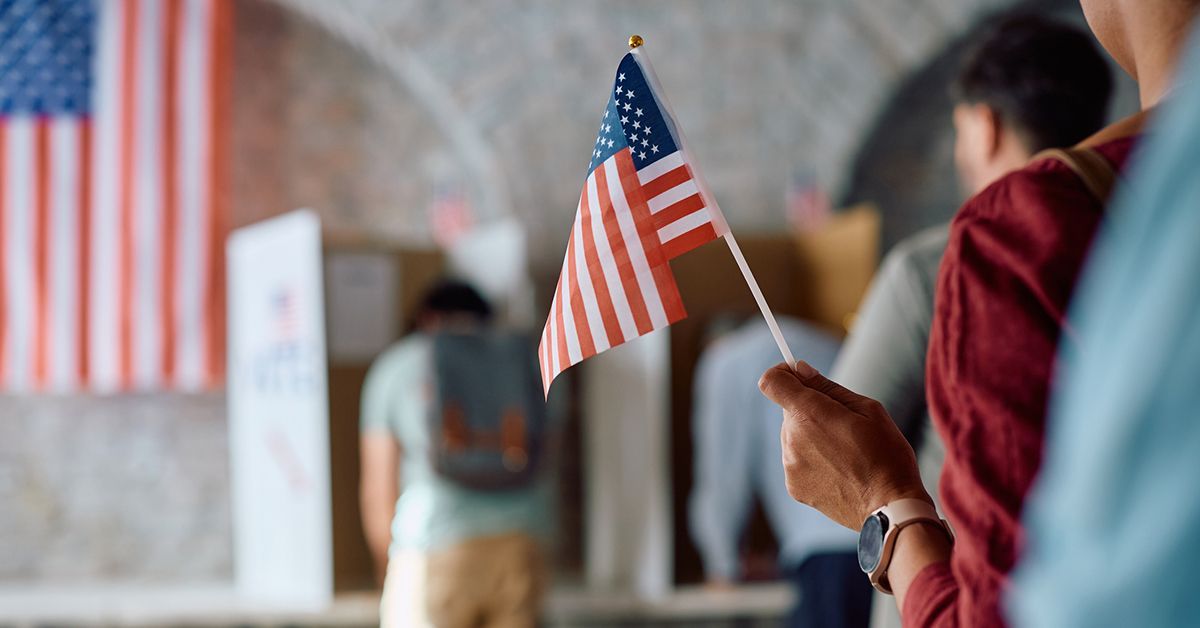
In recent U.S. elections, results often took days to finalize, fueling voter distrust in the electoral process and ballot outcomes. Now, research from the Yankelovich Center for Social Science Research at UC San Diego shows that a simple, proactive message from election officials – ahead of Election Night – can effectively reduce this distrust.
The study, published in PNAS Nexus, reveals that when voters are informed in advance that counting ballots accurately takes time and there are security measures in place, their trust in the process remains steady, even when results are delayed.
“Election officials can reassure voters that delayed election results aren’t a sign of fraud, but they should proactively communicate this before the election,” said Mackenzie Lockhart, the study’s first and corresponding author now a postdoctoral scholar at Yale University, who worked on the research while a political science graduate student at UC San Diego.
The research team ran a survey experiment with 10,000 Americans in 2023 to measure how trust in election results is affected by delays in reporting. Participants either watched a 40-second video produced by the Arizona Secretary of State that explained why counting ballots takes time, or they saw no such message. Then, they were told about the winner of the 2022 Arizona gubernatorial election, with some being informed that the results took six days to finalize.
Those who heard about the delay but did not see the video were 6.5 percentage points less trusting of the results than those who heard no information about a delay. However, among those who watched the video, trust only decreased by 2.6 percentage points.
The study demonstrates that even a brief, low-cost message from election officials can help maintain trust when election results are delayed. This kind of communication is particularly crucial in politically polarized environments where voters are already skeptical and trust is fragile.
“Like Arizona’s Secretary of State, election officials around the country are using innovative communication strategies to explain to the public how they protect the integrity of the vote,” said study co-author Thad Kousser, co-director of the Yankelovich Center and professor of political science at UC San Diego. “The Yankelovich Center is partnering with many of them to conduct rigorous tests of what messages work, what don’t work, and what works best.”
The PNAS Nexus paper is titled “Voters Distrust Delayed Election Results, But a Prebunking Message Inoculates Against Distrust.” In addition to Lockhart and Kousser, the other coauthors on the study are: Jennifer Gaudette, Seth J. Hill, and Laura Uribe from UC San Diego and Mindy Romero of the University of Southern California.


